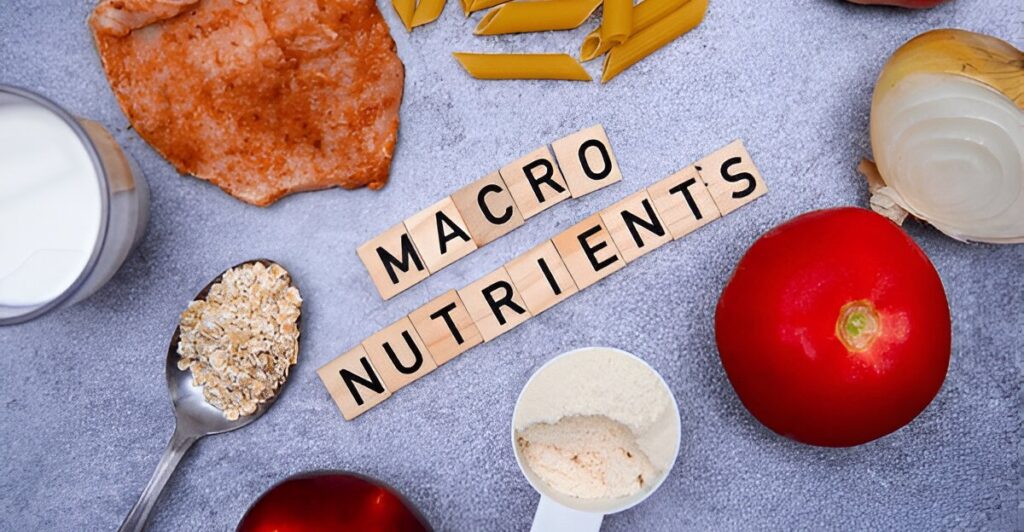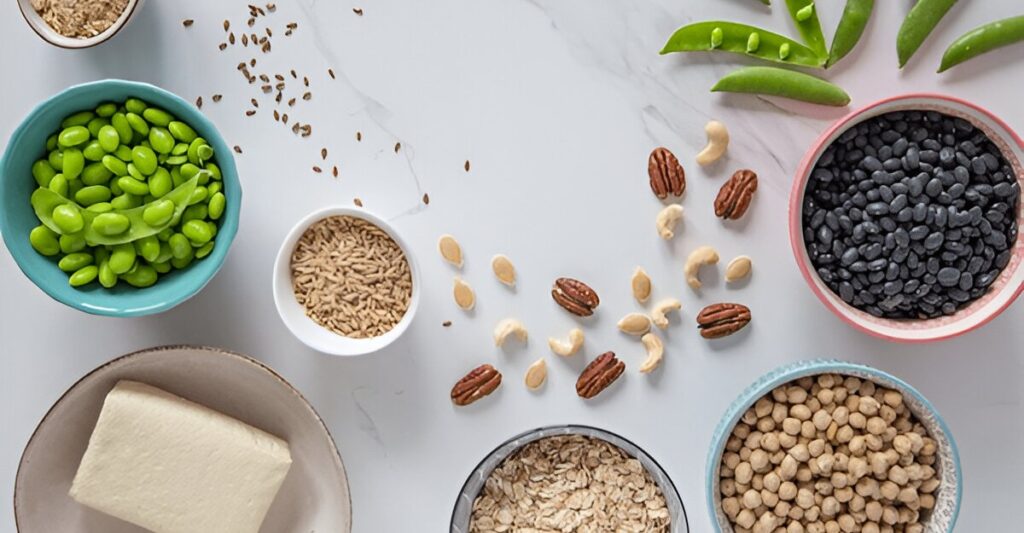In the world of health and wellness, misinformation spreads faster than a viral recipe video. Nutrition myths can lead to confusion, poor dietary choices, and even health setbacks. From outdated beliefs to trendy diet fads, it’s time to set the record straight. In this article, we’ll debunk the most common nutrition myths, provide science-backed facts, and offer practical tips to help you navigate your wellness journey with confidence. Let’s dive into the truth behind these widespread misconceptions!
Myth 1: Carbs Are the Enemy
The Myth: Carbohydrates are inherently bad and should be avoided to stay healthy or lose weight.
The Truth: Not all carbs are created equal. Refined carbs like white bread and sugary snacks can spike blood sugar, but complex carbs—found in whole grains, fruits, and vegetables—are essential for energy and packed with fiber, vitamins, and minerals.
What to Do: Focus on nutrient-dense carbs like quinoa, sweet potatoes, and oats. Balance them with protein and healthy fats for sustained energy and better satiety.
Myth 2: Eating Fat Makes You Fat
The Myth: Consuming dietary fat leads directly to weight gain.
The Truth: Healthy fats, such as those in avocados, nuts, seeds, and olive oil, are crucial for brain function, hormone production, and nutrient absorption. Weight gain occurs from excess calories, not fats alone.
What to Do: Incorporate moderate amounts of healthy fats into your diet. For example, add a handful of almonds to your snack or drizzle olive oil on your salad. Avoid trans fats found in processed foods.
Myth 3: You Need to Detox or Cleanse Regularly
The Myth: Detox diets or juice cleanses are necessary to rid your body of toxins.
The Truth: Your liver, kidneys, and digestive system are designed to detoxify your body naturally. Extreme cleanses can lead to nutrient deficiencies and disrupt your metabolism.
What to Do: Support your body’s natural detox processes by eating a balanced diet rich in fruits, vegetables, and whole grains. Stay hydrated and limit processed foods and alcohol.
Myth 4: All Calories Are the Same
The Myth: A calorie is a calorie, regardless of its source.
The Truth: While calories measure energy, the nutritional value of food matters. A 100-calorie candy bar lacks the fiber, vitamins, and protein of a 100-calorie serving of Greek yogurt with berries. Nutrient-dense foods keep you fuller longer and support overall health.
What to Do: Prioritize whole, minimally processed foods over empty-calorie options. Think fresh produce, lean proteins, and whole grains over sugary snacks.
Myth 5: Supplements Can Replace a Healthy Diet
The Myth: Taking multivitamins or supplements eliminates the need for a balanced diet.
The Truth: Supplements are meant to fill specific gaps, not replace whole foods. Whole foods provide a complex mix of nutrients, fiber, and phytochemicals that pills can’t replicate.
What to Do: Aim to get most of your nutrients from food. If you suspect a deficiency (e.g., Vitamin D in winter), consult a healthcare provider before starting supplements.
Myth 6: Eating Late at Night Causes Weight Gain
The Myth: Calories consumed after a certain hour (like 8 p.m.) automatically turn into fat.
The Truth: Weight gain is tied to total calorie intake, not the time of day you eat. However, late-night snacking can lead to overeating if you’re not mindful, especially on high-calorie, low-nutrient foods.
What to Do: If you’re hungry at night, opt for a light, balanced snack like a small apple with almond butter. Listen to your body’s hunger cues rather than eating out of habit.
Myth 7: Gluten-Free Diets Are Healthier for Everyone
The Myth: Everyone should avoid gluten to improve health or lose weight.
The Truth: Gluten, a protein in wheat, barley, and rye, is only harmful for people with celiac disease or gluten sensitivity (a small percentage of the population). For others, cutting gluten unnecessarily may lead to nutrient deficiencies.
What to Do: Unless diagnosed with a gluten-related condition, enjoy whole-grain breads, pastas, and cereals as part of a balanced diet.
Why Nutrition Myths Persist
Nutrition myths often stem from outdated science, celebrity endorsements, or oversimplified health trends. Social media amplifies these misconceptions, making it hard to separate fact from fiction. To stay informed, rely on credible sources like registered dietitians, peer-reviewed studies, or reputable health organizations. Always question claims that sound too good to be true, like “lose 10 pounds in a week” or “this one food cures everything.”
How to Build a Myth-Free Diet
Ready to ditch the myths and embrace evidence-based nutrition? Here are actionable steps to create a healthy, sustainable diet:
- Eat a Variety of Foods: Include colorful fruits and vegetables, lean proteins, whole grains, and healthy fats to cover all nutrient bases.
- Focus on Balance: Aim for meals that combine macronutrients (carbs, proteins, fats) and micronutrients (vitamins, minerals) for optimal health.
- Practice Portion Control: Use tools like measuring cups or visual cues (e.g., a palm-sized portion of protein) to avoid overeating.
- Stay Hydrated: Drink plenty of water to support digestion, energy levels, and overall wellness.
- Consult Experts: Work with a dietitian for personalized advice, especially if you have specific health goals or conditions.
Conclusion
Nutrition myths can cloud your understanding of what it means to eat well, but the truth is simpler than you think. By focusing on whole foods, balance, and evidence-based practices, you can build a diet that supports your health without falling for fads or misinformation. Start small—swap one processed snack for a nutrient-dense option or add a serving of vegetables to your dinner. Over time, these changes add up to a healthier, myth-free lifestyle.
Ready to take charge of your nutrition? Debunk these myths today and make informed choices for a vibrant, energized you!


